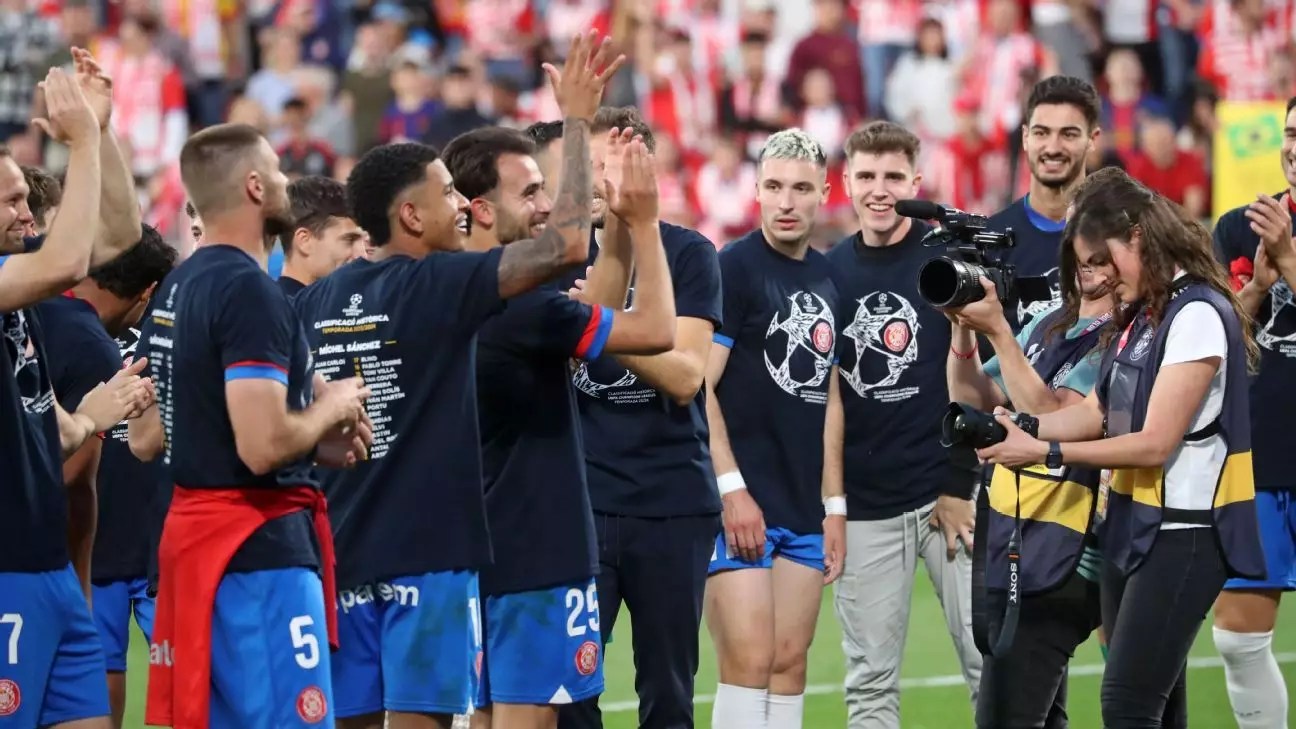Girona, a LaLiga team, recently secured a historic qualification for the Champions League after a remarkable win against Barcelona. However, their qualification has put them in a precarious situation due to their partnership with Manchester City. As part of the City Football Group (CFG), Girona’s ownership structure raises concerns under Article 5 of the UEFA club competitions regulations, which prohibits multiple clubs within the same ownership group from participating in the same competition.
According to UEFA rules, if multiple clubs from the same ownership group qualify for the same competition, the spot goes to the team that finishes higher in their domestic league. In this case, City’s imminent second-place finish in the Premier League will secure their spot in the Champions League, ahead of Girona. This decision is also influenced by the club coefficient, favoring City as the higher-ranking team.
Organizational Independence
Despite the potential clash with City, sources suggest that Girona is unlikely to be demoted to the Europa League. However, Girona must prove its organizational independence from Manchester City at a UEFA Club Financial Control Body (CFCB) meeting to obtain clearance for the Champions League. This process is crucial for Girona to maintain their eligibility and avoid sanctions.
While the situation between Girona and City is not unique, as seen with clubs like RB Leipzig and FC Salzburg, both owned by the Red Bull Group, playing in the Champions League, each case is evaluated individually by UEFA. In some instances, clubs with shared ownership have been allowed to participate in UEFA competitions after a thorough review by the CFCB. The cases of Aston Villa and Vitoria, Brighton and Union Saint-Gilloise, and AC Milan and Toulouse serve as examples of clubs successfully navigating ownership conflicts.
The issue extends beyond Girona and City, as other clubs like Manchester United and Nice, with connections to Sir Jim Ratcliffe’s INEOS Group, could face similar challenges if they qualify for European competitions. The upcoming CFCB hearing for potential qualifiers highlights the importance of transparency and adherence to UEFA regulations to avoid conflicts of interest and maintain the integrity of European club football.
Girona’s journey to the Champions League is now overshadowed by the need for UEFA clearance and the complexities of shared ownership within the CFG. The outcome of the upcoming CFCB meeting will determine Girona’s fate and their ability to compete on the European stage. As the football landscape continues to evolve, the issue of club ownership and its impact on competition eligibility remains a contentious subject that requires careful consideration and regulation.


Leave a Reply